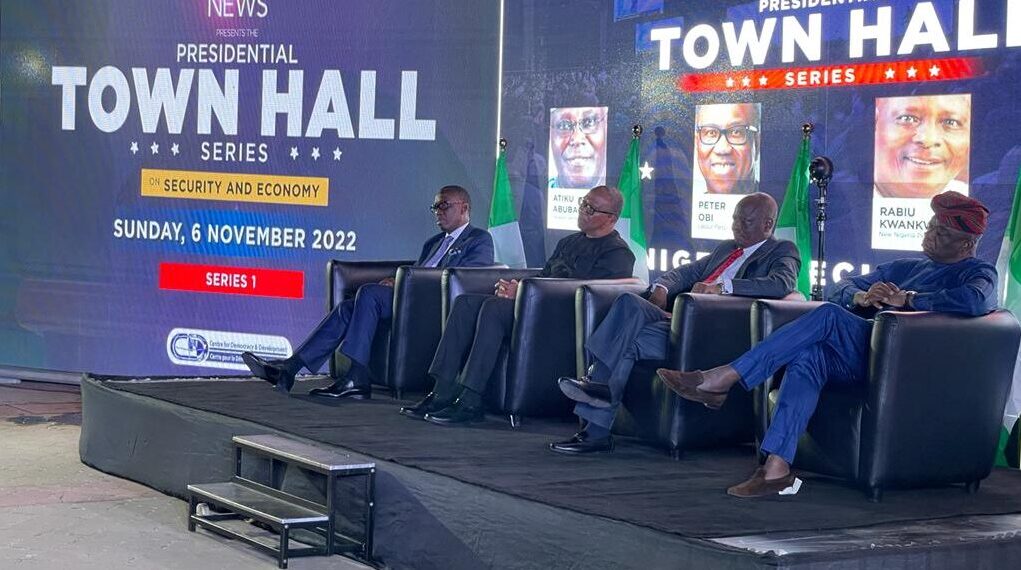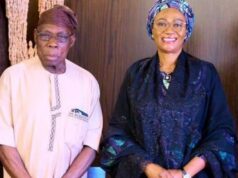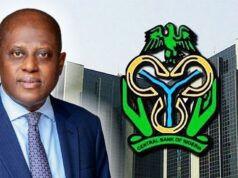
In Sunday, presidential candidates from four of the 18 registered political parties appeared at a town hall meeting to dialogue with citizens.
Those in attendance were Peter Obi of the Labour Party, Rabiu Kwankwaso of the New Nigeria Peoples Party (NNPP) and Kola Abiola of the Peoples Redemption Party (PRP).
Also present was the PDP vice-presidential candidate, Ifeanyi Okowa, who represented Atiku Abubakar.
The event was organised by the Centre for Democracy and Development and Arise Television. It is the first in the series of meetings and Sunday’s event focused on security and the economy.
PREMIUM TIMES reported how Atiku and Bola Tinubu, the presidential candidate of the All Progressives Congress (APC), were absent at the debate.
While Atiku was represented at the event, Mr Tinubu had no representation and was replaced by the organisers with Mr Abiola.
Contents
Performance
At the debate which lasted over four hours, candidates took turns proferring their solutions to the security and economic challenges in the country.
Okowa
The PDP representative said Nigeria needs to ensure that security officials are well taken care of by improving their welfare. He also said the issue of unemployment must be addressed – to stop young people from being drawn to crime.
He promised that an Atiku presidency will tackle insecurity by allowing the creation of state police while the federal police will be fully equipped with modern technology.
“We need to emphasize coordinated intelligence gathering and sharing and we need more boots on the ground to address insecurity in Nigeria,” he said. “We need to evolve policing in Nigeria to ensure that people who have a better understanding of their areas, know how to secure their areas. One centralized police force is unable to meet the demands that we have.”
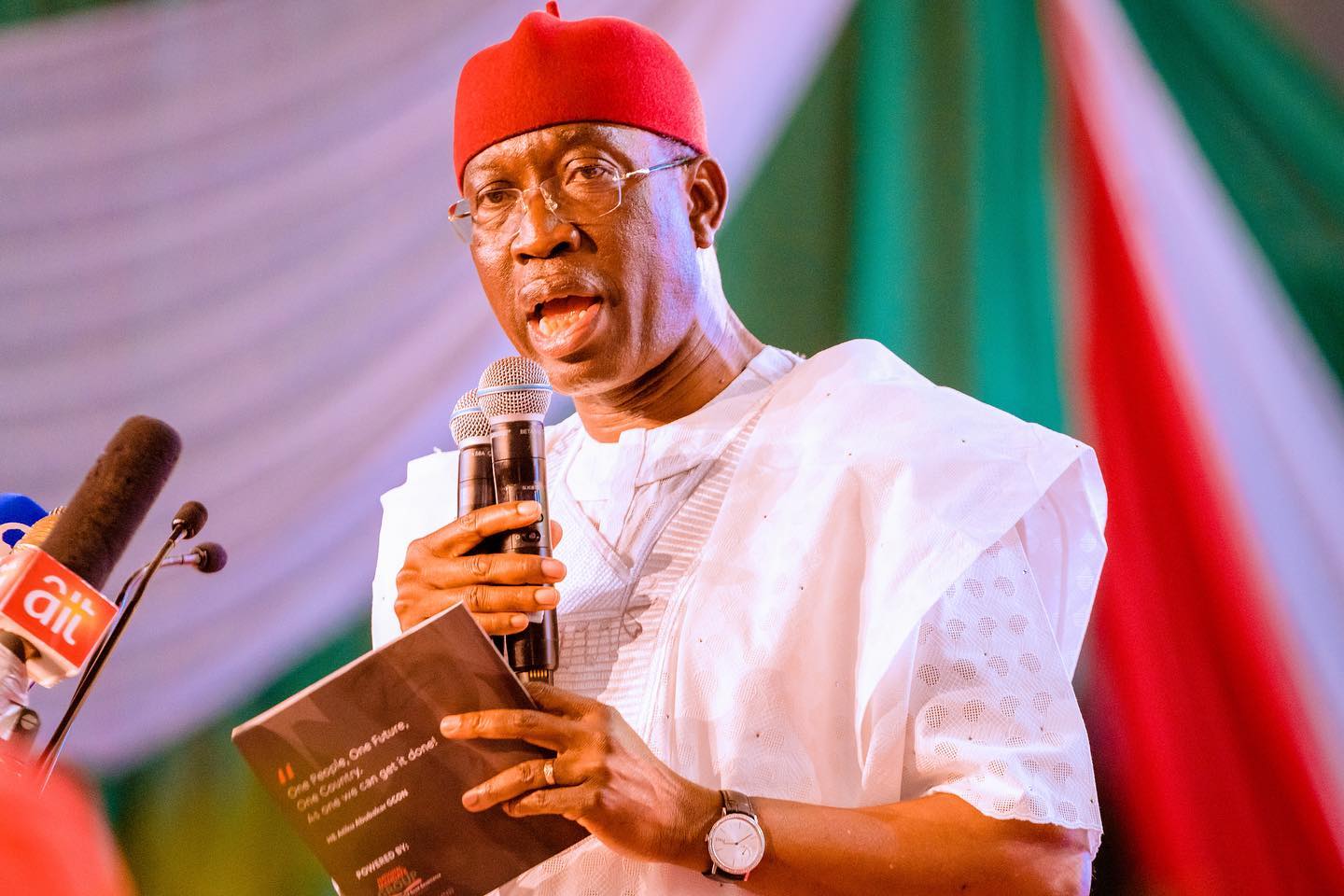
State police, he said, is necessary because it places police officers in neighbourhoods they are familiar with and this method would be able to tackle the insecurity.
While speaking on how the Atiku-Okowa administration will handle violent agitators like IPOB, Mr Okowa said his government will choose dialogue and negotiations with genuine agitators while dealing decisively with criminals.
He noted that the demands and agitations of bandits and secessionist groups are genuine and stem from anger at a country that is either not working or has sidelined them.
“We will dialogue with the genuine Ipob agitators and use the law to check the criminal element that disguised as agitators…If I were to sit down with them (bandits) today, I will let them know that there is hope for Nigeria.”
The PDP, he said, will run a pan-Nigerian government, which is the only antidote to addressing insecurity in Nigeria.
On the economy, Mr Okowa acknowledged the “debt forgiveness” that the administration of former President Olusegun Obasanjo secured for the country.
To tackle issues of debt and revive the economy, the creation of jobs is the answer, he said.
“In Delta State, we used to have agitations in oil-producing communities. But now, we have partnered in these communities to create jobs, create a new class of entrepreneurs and show people that we care about development,” he said.
The right path is to use government resources to develop entrepreneurs, make people’s lives easier, and grow the economy so that people will live in better conditions, he said.
While he assured that the Atiku presidency will ensure that the education system works as it should, he cautioned against the narrative of saving money instead of using it to better the lives of citizens.
He also criticised Mr Obi and Mr Kwankwanso for saying they would not spend a lot of money on their campaigns. Mr Okowa said such was inevitable in Nigeria’s current political clime. According to him, what was more important was to strengthen the electoral system and the judiciary so Nigerians can vote out any candidates that make false promises.
Comment: Many who listened to Mr Okowa speak were impressed. Nigerians on social media have hailed his eloquence, mannerisms and how he conveyed his thoughts and plans. There are however worries that he is not the presidential candidate and the bulk does not stop at his table. Overall, he had a 7/10 performance.
Peter Obi
Mr Obi described the Abuja-Kaduna train attack in March as a failure of intelligence processing, saying such would not happen if he were president. He said according to the information available to him, there were already indications of insecurity within that rail corridor and the intelligence gathered were ignored.
He also faulted the current government for not delivering prompt action and communication. He said if he were commander-in-chief, he would have acted swiftly, remained in communication and at least shown consistent empathy to the families of those that are involved. This, he said, shows the need to improve intelligence processing and give an immediate response whenever such a situation arises.

He explained said he would tackle poverty in order to improve the security situation in the country. When people are “put out of poverty, criminality in the country is reduced,” he said. For him, bandits engage in terrorism because “they could see the poverty in the country. In a country where people in government are richer than entrepreneurs, you will manufacture poverty.”
Mr Obi also said having military experience was no prerequisite to tackling security challenges. What was required was a good understanding of the problems and the ability to apply the right human and material resources to their urgent eradication, he said.
On IPOB, he said he will discuss with both the criminals and the real agitators.
On the economy, he said he would remove subsidies on petroleum products but invest the saved revenue properly. He also said oil theft is an organised crime which involves regulators who should be dealt with decisively and vigorously.
While Mr Obi said he has never been against borrowing, he said it must be for production and not consumption. For this reason, wastage in government must be blocked to boost revenue and manage the exchange rate. And enough will be done to boost production.
Women and youth, he said, will be the engine of his administration if elected citing his record as governor of Anambra State when women occupied critical positions.
On flood control, Mr Obi said the solution lies in dredging and channelling waterways, including Rivers Niger and Benue. He also expressed concerns that funds allocated for such projects in the past were mismanaged.
He warned against electing leaders who cannot account for resources entrusted in their official care.
On campaign finance, he said he does not spend money and his campaign relies on donations from supporters. He then linked the problem of huge campaign finance to corruption saying the best way to tackle corruption was to lead by example.
Comment: Many, especially the #OBIdients, were impressed by Mr Obi’s responses. Many things he said on Sunday are things he has said before – which some Nigerians have commended and described as strategic plans. He has, however, been criticised for not being specific in some responses, particularly with regard to using intelligence to tackle insecurity and addressing Nigeria’s campaign finance issues. Overall, he had a 7/10 performance.
Rabiu Kwankwaso
The former Kano State governor vowed to revamp the nation’s security architecture by raising the number of personnel of the Nigeria police and Armed Forces to at least million each.
If implemented, he said, there will be a change within a short period of time, and Nigeria will be able to control its territory.
He also said his government will be willing to dialogue with anyone, including violent agitators, with grudges in any part of the country.
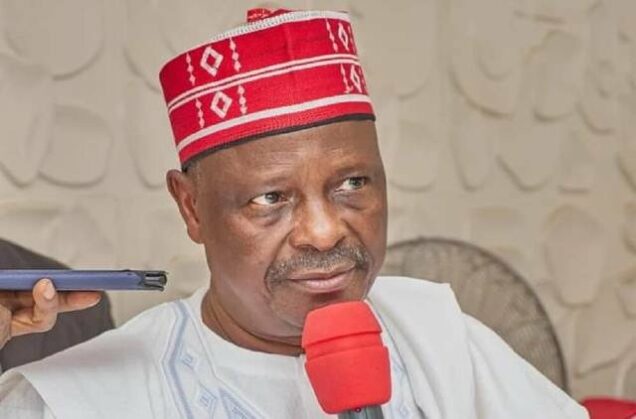
“Anybody who is angry, we can sit down with him. I am also angry, that is why I am in NNPP. I don’t agree with what APC and PDP are doing and are still doing….Our government will sit down with them and dialogue. At the end of the day, anybody who decides to think otherwise, definitely, the law will take its course.”
Mr Kwankwaso also said he would improve national security by encouraging willing members of the youth corps to join the Armed Forces and other security agencies.
On the economy and poverty, he said a lot could be done that is not being done.
He said during his time as governor, every child was given the adequate opportunity from primary to tertiary education – a policy he hopes to implement if he becomes president.
ALSO READ: 2023: Tinubu may not attend any presidential debate – Keyamo
“For our girls, we purchased hundreds of high-capacity buses and all our girls were transported from their homes to school free of charge. We gave them equal opportunities. We also have free antenatal services for our women,” he said, promising to replicate the same if elected president.
Mr Kwankwaso said the nation has enough money and does not need to borrow. He blamed bad leadership for the unstable power supply in the country.
When asked about his plans to tackle flooding, he blamed residents for ignorantly building in lowland areas.
“I am a civil engineer and I have a PhD in water engineering. This is an area we know very well. In Kano, we sold many villages in low areas and built houses free of charge,” he said.
Comment:
Mr Kwankwaso could easily be placed among the top two – if not top – performing candidates for the nights. Many were impressed by how he used real-time examples to respond to questions on his plans and how he maintained a friendly aura with other candidates despite being chided a couple of times. Score – 7/10
Kola Abiola
Mr Abiola promised Nigerians that he would not bring the baggage of past administrations and recycled politicians into governance when elected.
He noted that he has never contested for governor, state chairman or local government council. Nigeria’s leadership, he said, has been dominated by recycled politicians.
Security is an issue and it stems from leadership. We are not coordinating security as it ought to. Trust is critical, and unfortunately, it’s gone. There’s a time to change that and try something new, he explained.
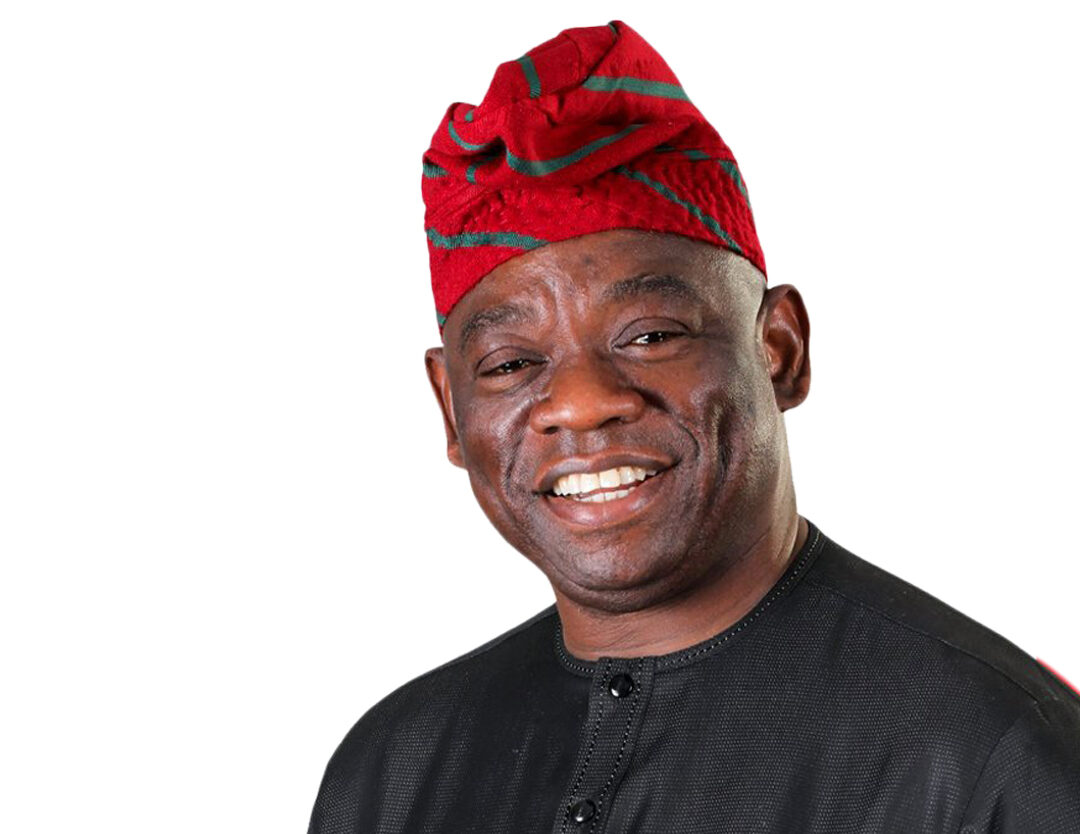
The PRP candidate stressed the need to go back and address the security-defence architecture – a first step he intends to take if elected next year.
“We won’t reinvent the wheel, we will look at what we have and make it work.”
On the economy, Mr Abiola said Nigeria is in a precarious situation. He said it is neither about the global financial crisis in 2008 nor about the Ukraine war but about bad governance.
This bad governance, he lamented, has refused to have risk management to our economy.
“We have an insatiable appetite for Fx because we have no faith in our governance. We have no faith in our leadership,” he told the audience. “No matter what the exchange rate or inflation rate, people are still going to go for FX, because that is the currency they believe will retain value. That has to be addressed. We have to increase our revenue base.”
Mr Abiola also vowed to ensure an all-inclusive government where women and youth will be part of the decision-making bodies. His government, he said, will ensure that women hold at least 20 per cent of the leadership positions.
He said his party represents what it means to be fresh and “what it takes to ensure that the ones coming behind us have an opportunity to decide their own destinies in a united Nigeria.”
Comment:
Mr Abiola displayed his eloquence and repeatedly emphasised that he was a new candidate with no baggage of previously holding public office. However, his eloquence appeared to mask the absence of details in some of his suggested solutions. In at least one case when he tried to be specific, such as on the National Security Council, he reeled out false information and stuck to it even after he was fact-checked. Score – 6/10.
The Town Hall Meetings Continue
Overall, all the candidates, in many cases, were not specific in their responses. On petrol subsidy removal, for example, none gave a specific timeline of when they would remove the subsidy even though they all said they would. The way the questions were framed and the lack of follow-up questions by the moderator also allowed the candidates to get away with non-specific responses.
The four men on Sunday’s stage were selected based on the performance of their parties in an online survey by the organisers during which all the 18 political parties were listed in alphabetical order.
A statement by the CDD revealed that after the survey was closed, nine parties did not receive a vote. The remaining nine received the following percentage of votes- African Action Congress (AAC) – 20.7%, All Progressives Congress (APC) – 86.2%, All Progressives Grand Alliance (APGA) – 6.9%, Labour Party (LP) – 96.6%, New Nigeria Peoples Party (NNPP) – 51.7%, Peoples Democratic Party (PDP) – 82.8%, Peoples Redemption Party (PRP) – 6.9%, Social Democratic Party (SDP) – 6.9% and Young Progressive Party (YPP) – 13.8%.
The result of this survey informed our decision to invite the highest four scoring parties – LP, APC, PDP and NNPP to the town hall, the organisers said.
However, the PRP was brought in to replace the APC which chose to be absent from the debate.
The organisers said the debate was the first in a series and other parties would also be invited and other topics such as health and education will also be discussed.




































